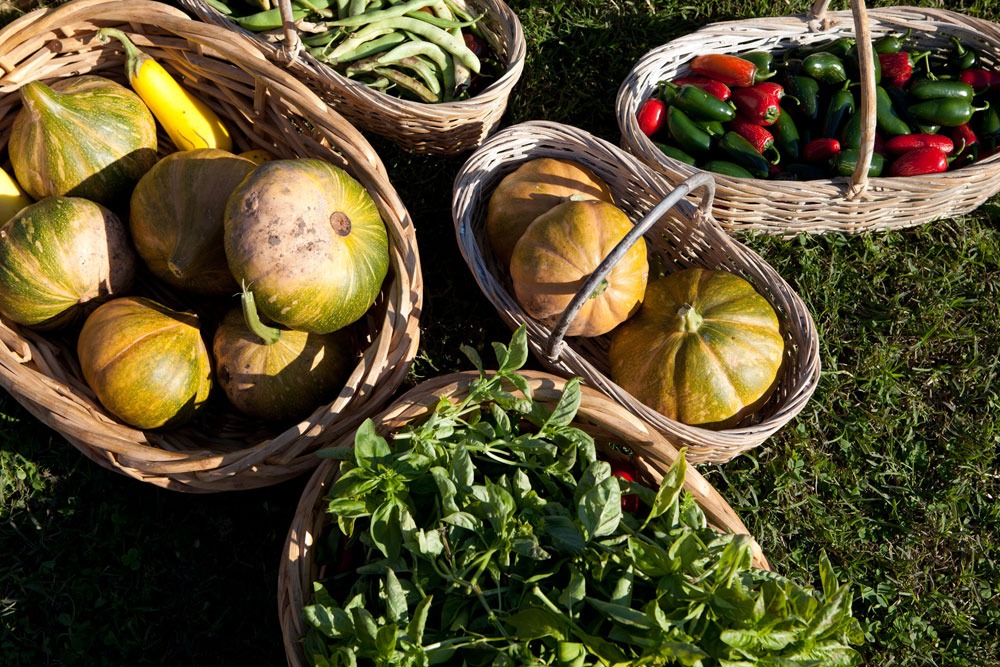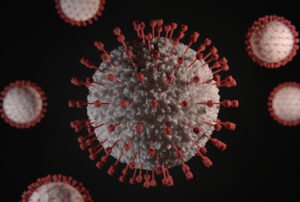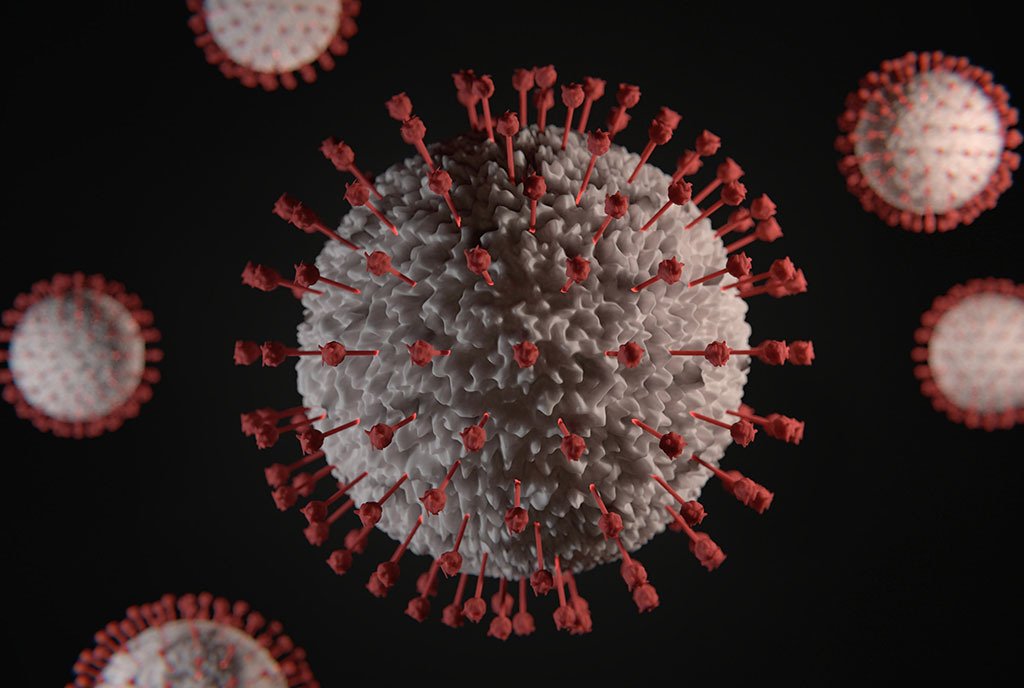
May 11, 2020; Yes! Magazine
Many of us may not associate the term “social justice” with what we eat. But if you link diet to the environments where people live and the options available to those who produce and sell food, you may want to reconsider that.
Writing for the magazine Yes!, Ray Levy-Uyeda asks her readers to consider the impact of environmental racism on US food systems. She concludes that food production and consumption are not just personal decisions, but rather the result of politics and systems that determine just who has healthy options and who does not. The blame for poor health and bad quality of life is mistakenly assigned to “choices” that do not exist.
Levy-Uyeda raises the following question: “What would it look like to be able to eat with justice—social, racial, economic, and climate—in mind?”
One way to address this question is to look at our nation’s history. For instance, one of the many impacts of genocide and colonization on American Indians was the destruction of their traditional food systems. Indigenous food systems were built on a respectful relationship with the land. Forcing Native peoples to leave that land and their place-based expertise robbed them of the healthy diets they developed.
Nationally, the US replaced Native food systems with industrialized ones, fostering chronic diseases, including diabetes, that never existed in Native communities before. Now, Native communities have the highest incidence of diabetes of any racial or ethnic group in the nation. Native activists in response are using a social justice food lens to rebuild healthier diets.
“What we’ve noticed, and what I’ve aimed to do, is promote the simple enrichment of diets through our traditional foods, because we know that eating just one traditional food meal a week changes the blood,” says Valerie Segrest, a Muckleshoot citizen and a director with the Native American Agriculture Fund. Segrest works with American Indian communities in Washington state, teaching the importance of traditional foods and ingredients as a pathway to good health.
Sign up for our free newsletters
Subscribe to NPQ's newsletters to have our top stories delivered directly to your inbox.
By signing up, you agree to our privacy policy and terms of use, and to receive messages from NPQ and our partners.
American Indians are hardly the only people in the US who have been affected by unhealthy food systems. People of color also suffer from racism embedded in food chains that harms health and well-being. Some of this can be seen today in the distribution of food during the COVID-19 pandemic. NPQ has pointed out issues with waste and inefficiencies in systems that mean food doesn’t reaching the low-income populations that are most in need. But there are also champions like Vikki Ayanna Jones—a Black farmer, educator, and community organizer in Pittsburgh. In 2015, she organized a community garden to help Black youth learn to eat what is good for them by gaining an appreciation for growing food.
“I give them that mental food,” Jones says. “They’re discovering the myths they’ve been given about food and food justice.” And for Jones, information is power.
Others are pushing hard on the research end to get that information and make the public aware of it to build the social justice network. In Iowa, Andy Dunham, a fifth-generation farmer, uses that research to make his case. Consider, for example, the 2013 study that found a “healthy” diet cost $550 more per person per year than an “unhealthy” one.
“The system is set up to feed poor people more poorly,” says Dunham. Most consumers do not understand how their food purchases and where food is grown and processed affects the environment. Small farmers are left in the dust as the government subsidizes huge agricultural conglomerates. According to Dunham, you need to consider what kinds of energy, chemicals, and transportation go into the food you are eating. If you eat what is in season and support local farmers, you also keep your carbon footprint low.
In Oakland, California, Planting Justice pursues multiple food justice goals. It hires organizers, farmers, and activists who were formerly incarcerated to build access to organic food through community gardens. They also have a strong children’s education program, and partner with the Sogorea Te’ Land Trust, which works to help the Ohlone nation regain land that was once theirs. Planting Justice is working to pay off a two-acre land parcel. Once it is paid for, they will convey title to the land trust.
So, next time you hear about social justice diets, pay attention. Jamie Harvie, executive director of the Institute for a Sustainable Future, has long worked to build solutions for ecological health via advocacy and research. Harvie notes that, “A food justice diet must mitigate climate impact, reduce poverty, and ensure that decision-making processes include those most impacted.” It sounds delicious as well as just. But it will not be easy. Pass the (organic) carrots!—Carole Levine













